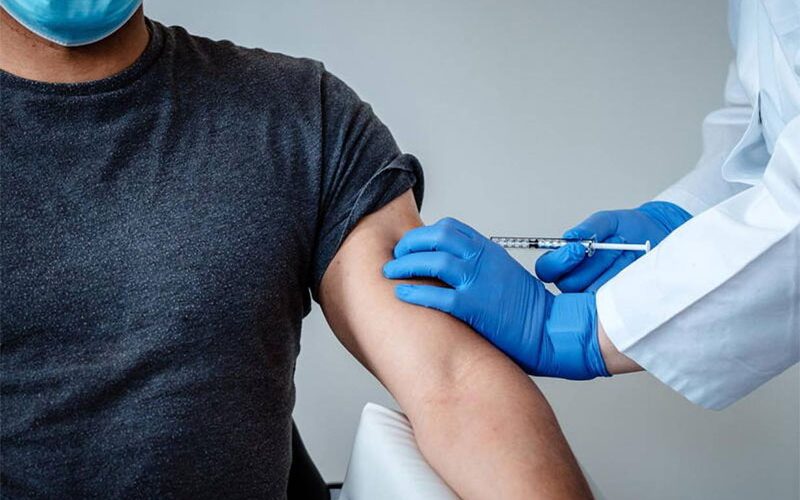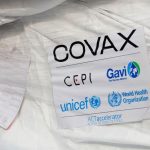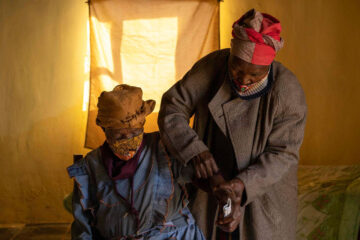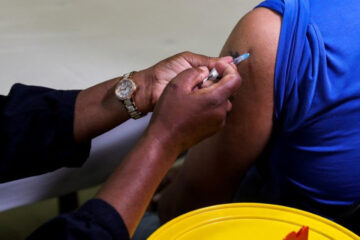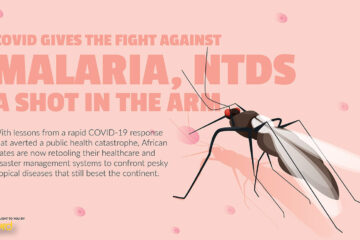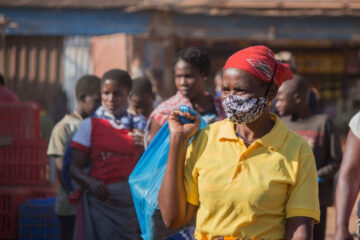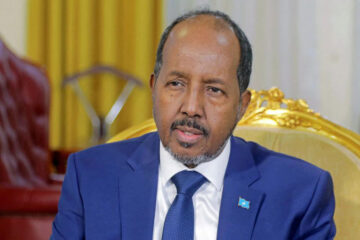IT’S happening. Highly sought-after vaccines making their way on to the private market.
Doses of the coronavirus jab developed by the University of Oxford and AstraZeneca could be available for purchase in India as soon as March, according to comments made by the CEO of the Serum Institute in India, the world’s largest vaccine manufacturer.
Why does the future availability of vaccines for sale privately in countries such as India matter? Because it means a secondary market emerges for vaccines where wealthy foreign visitors could pay for a vaccination if not eligible to be immunised under their own government’s scheme.
In the rush to return to normal, I am deeply fearful of vaccine tourism – a new, morally dubious version of the medical tourism industry that many developing nations have been plagued by for decades, often to the detriment of their own people.
My worry is that in countries such as India – where the majority of the world’s vaccines are set to be manufactured – some will be tempted to create a supply in response to that demand, through official or illicit channels.
The Serum Institute has said its first priority will be supplying AstraZeneca Plc’s COVID-19 vaccine to Indians, before distributing it to other countries under the COVAX programme which aims to ensure fair access to vaccines for lower-income countries. However, chief executive Adar Poonawalla said it also expects to sell millions of doses to private facilities, firing the starting gun on a potential private market.
The demand from the world’s richest is completely understandable. Proof of being vaccinated, provided through vaccine certificates which are currently being discussed by the World Health Organisation, could be a license not only to travel, but to work or party. It is, after all we have seen this year, increasingly difficult to see how many everyday activities, particularly those enjoyed by the young, can start again without a jab.
This presents a problem: the young and healthy face the lowest risk of life-threatening symptoms from the virus, and will therefore be the lowest priority in receiving a vaccine.
The young are likely to spend 2021 seeing first their grandparents, followed by their parents, being handed back their freedoms, while they are expected to patiently wait until the latter part of the year, or later. The temptation on them will be high not to wait but to seek out opportunities in the developing world.
Although in Britain, there are measures against vaccine ‘queue jumping’ through private providers, this is not the case globally.
The recent news that this service may indeed be provided, could make India a vaccine tourism hub overnight.
The vast majority of vaccines are being made in developing countries, notably led by the Serum Institute, which is set to produce 200 million vaccine doses a month.
India’s economy has been hit harder than most by the pandemic, with the loss of a third of professional jobs and GDP being reduced by 7.5%.
It is a tempting proposition for a high proportion of those 200 million vaccine doses each month to be auctioned off to the highest bidder. Policymakers could even make an ethical case for this project: revenues could be reinvested in increasing manufacturing capacity and widening access to the jab for the world’s poorest. So-called vaccine tourism could boost regular tourism which has been crippled.
But it’s not that simple.
India is already one of the biggest medical tourism destinations in the world, with a $9 billion industry that has grown exponentially in recent years through catering for the global elite. Beyond official medical tourism, there is also a booming black market in procedures for individuals who want to jump waiting lists, particularly for organ transplants.
Living donors, motivated by poverty and easy money, are taken advantage of through brokers in India’s slums, where a healthy kidney can be bought for less than a fortnight’s wages in developing countries yet can save the seller a lifetime of debt.
In that context, it’s easy to see how the scale of demand for vaccines worldwide carries the risk that some supplies could be siphoned off into an unofficial secondary market for those prepared to pay.
On the demand side, processes must be in place to ensure that only a legitimate, officially received vaccine is of any use to the recipient. Vaccine passports must only be valid if a jab has been administered through the health authorities in someone’s country of permanent residence.
We cannot allow the most painful global inequalities to be carried over into the vaccine rollout. The 1% will have to wait, along with the rest of us.
Mukhtar Karim is CEO of the Lady Fatemah Trust.

